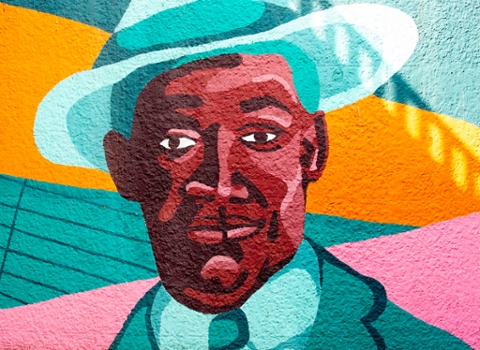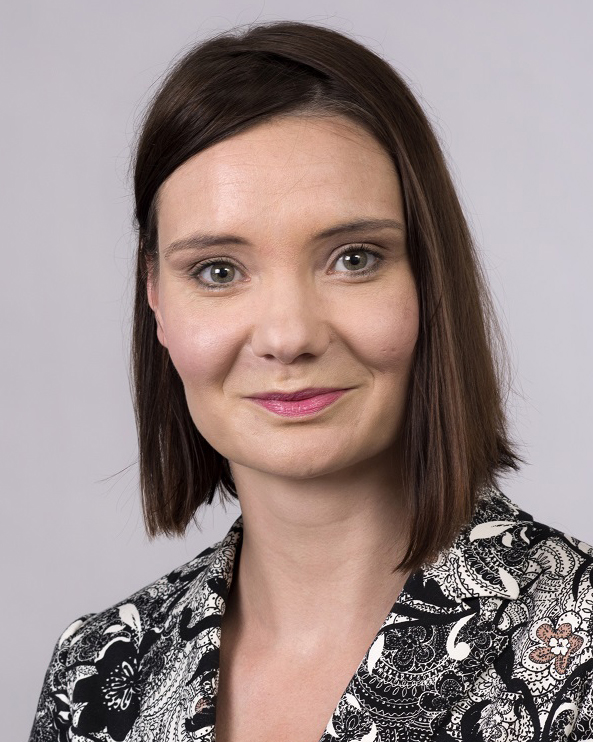What makes our research special?
Projects and partners
-
Gaming for science
Strolling around as a Viking or medieval farmer: games about the past are very popular. Leiden University is the first university that will use the steaming platform Twitch to highlight their historical context.
University lecturer Angus Mol discusses the historical content of the game - while streaming. Mol: ‘Many games are still very much colonial land grabbing. One of the goals of our project is to show a broader audience how you can understand this.’ -
Things that talk
Lecturer Fresco Sam-Sin was touched by the objects in his grandmother's living room. In the project Things That Talk he works together with various (Leiden) partners to tell the history of artifacts.
Sam-Sin: ‘Objects are around longer than we are, and we entrust them to tell our stories when we're no longer around. With Things That Talk, we create a sustainable and living archive of stories in which different communities come together.’ -
Starting your career!
You speak Japanese, know everything about medieval art or understand exactly what Hegel meant. And then you graduate. Many Humanities students find it hard to enter the labour market. Therefore, the faculty has been working together with the employment agency Randstad. Manouk Agterberg: ‘Students receive a great education, are analytically strong and are good cooperators. They don’t always realise how important these skills are. I try to make them aware of it because I know that a lot of potential employers think: “Bring on that smart student!”
-
FactRank: factchecking politics
This new online tool automatically detects ‘checkable’ claims made by politicians in parliamentary debates or tweets, and therefore enables fact-checkers to work much faster.
University lecturer Alexander Pleijter helped develop FactRank. ‘FactRank automatically retrieves all transcripts of Dutch parliamentary debates as soon as they go online, and proceeds to detect the check-worthy claims that they contain. It also scans all the tweets of Dutch politicians.’
How to contribute to a better society
Working for a social client during your studies: this is what happens at Urban Studies. For the course Urban Studies in Practice, third-year students carry out projects for public clients, such as the municipality of The Hague.
‘My team looks into shared scooters', says student Bram Middel. 'Those shared scooters are a great initiative, but there are also issues. People leave them in the middle of the street. We look at how we can tackle this problem. Can we reward people for parking them in the correct spots? Or should we maybe improve the app?’
‘Everyone in my group works hard and does their bit. We'll get partly evaluated by the municipality, we want to do well. This way, the students that follow might be able to work on even more different projects.’
‘Understanding ourselves helps us understand society’
More Humanities
In perspective is a publication of Leiden University's Faculty of Humanities and part of the 'We are Humanities' dossier.
Questions or comments? Send us an e-mail via: communicatie@hum.leidenuniv.nl.






